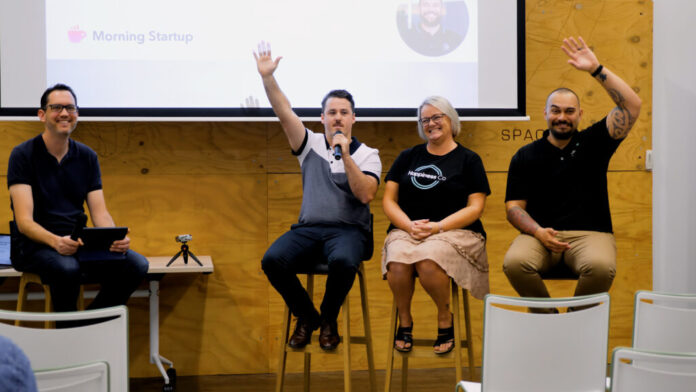

When you think of entrepreneurs, you may conjure images of outgoing, successful, creative, passionate, and extremely hard-working individuals. But what you might not think of is the immense psychological stress a person puts themselves under when they embark on creating a business.
Depression in entrepreneurs is rife. In a 2015 study from the University of California, half of the entrepreneurs said they have mental health issues and a third are depressed. It is hard to imagine in 2020 with Covid wreaking havoc around the world, that these figures have improved any.
Mental health issues can and will affect a wide range of people and it is perfectly natural to go through life’s ups and downs. But overall, entrepreneurs will put themselves in a position where they are more susceptible to developing severe depression.
In a 2019 study from Heriot-Watt University in Edinburgh claims entrepreneurs are resilient by nature but it’s their lifestyle and the harsh realities of building a startup that make depression in entrepreneurship so common.
The likelihood of a startup succeeding is slim, 90% of all startups crash and burn. And on the road to failure, entrepreneurs will likely spend long periods doing unpaid work, living in financial uncertainty, isolating themself from friends and family and not eating or sleeping properly.
New founders will often get into debt, face immense pressure and grapple with crippling self-doubt but will feel the need to keep ‘faking it till you make it’.
Michelle Powell, who has lived through the depression and suicidal thoughts is now the lead ambassador for Happiness Co, said that when things would get tough, she would
“… default into this façade that everything’s ok and that I can do this. But it’s being authentic and actually saying I need a little bit of help” that is a vital part of a ‘tool kit’ to help overcome depression and suicidal thoughts.
Asking for help and recognising that you are not being authentic with yourself is an important tool but is by no means the only one.
Lachie Samuel, also a Happiness Co ambassador, who has attempted suicide and lived through multiple bouts of severe depression. Lachie mentioned that to overcome negative thoughts, he would use a system where he could slip into a different midframe to be able to reflect on his emotions and why he was feeling a certain way.
“Using a state-changing technique, like six deep breaths. One that takes you from flight or flight to rest and digest. So you’re a bit more restful and you make more rational decisions and have more rational thoughts…”
However, what works for one person will not always work for another. Robbie Figg, the General Manager of Happiness Co, emphasizes people needing to have a toolbox that works for them and said
“It’s all subjective – finding happiness is subjective, the concept of happiness is subjective and what gets you away from happiness is going to be the same. So keep that perspective as you go through your ups and downs”
One of the most important take-aways from the panel discussion was the fact that you are not alone. There are many other people out there going through similar ups and downs as you and there is power in numbers and accepting vulnerability.
Don’t just ‘fake it till you make it’ or ‘soldier on’, reach out.
If you are suffering from depression or suicidal thoughts, there is support out there. Contact Beyond Blue 24 Hours a day on 1300 22 4636 or visit https://www.beyondblue.org.au/get-support/get-immediate-support
If you are interested in working with Happiness Co for discussions and workshops on managing mental health, visit https://www.happinessco.org/

























